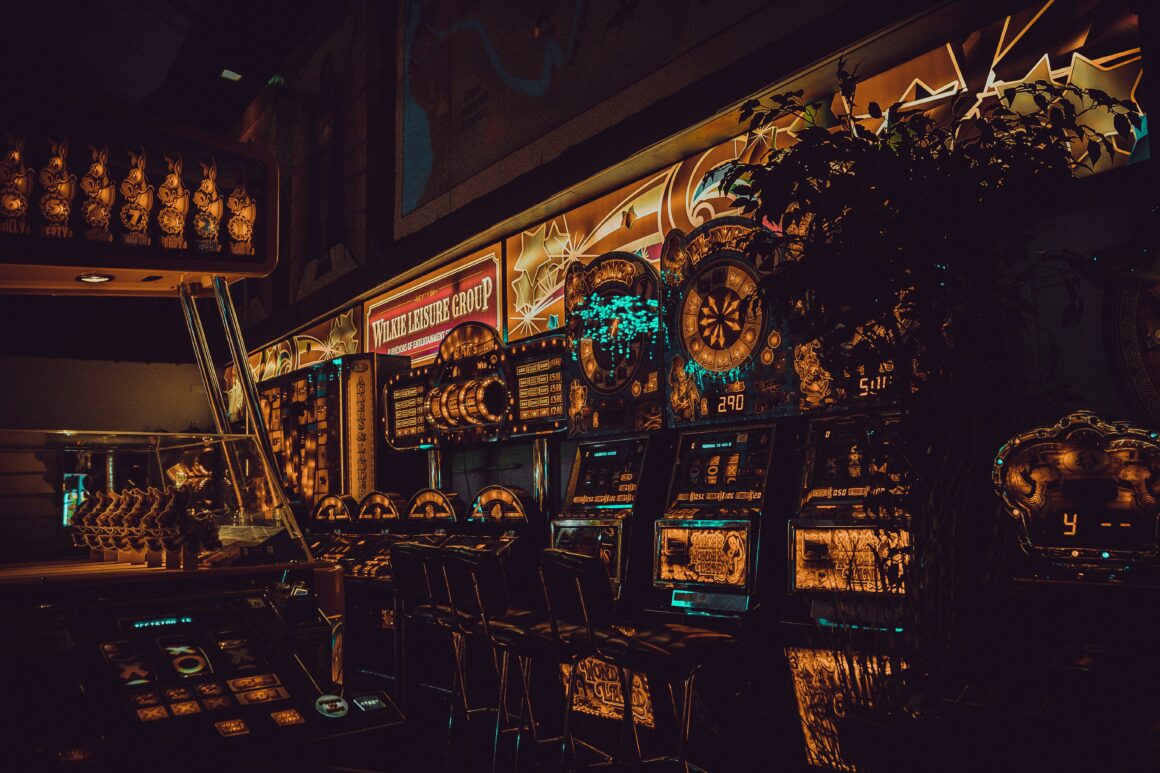As a young child, I was not aware of the hardship immigrants have to face every day. All I knew was that my family was living the “American Dream”, or so I thought. I am the proud daughter of immigrant parents, and at the young age of 6 I began to question why all of my family members had the same jobs. Why all the women cleaned houses for a living and why all the men either picked berries, became gardeners or pushed ice cream carts for theirs. The thought lingered in my head for years. It wasn’t until I was older that I began to see the social restrictions and stereotypes people such as my parents are forced to live in every day, solemnly because of their ethnicity.
A 15 year old boy named Roberto Ceja is taking a 3 day long bus ride alone, with nothing but a few pesos in his pocket, a backpack, a bottle water and a dream for a better life. He walks and walks for hours trying to get to the land of dreams and freedom only to be stopped and sent back to the starting line countless times for an entire month. Still, he tried. Finally one day after hours of waking with no water, he makes it. Fast forward 28 years, he has a pregnant wife and 3 children. He sits on the chair in his home, which he almost lost a couple years earlier. He’s speaking to his oldest daughter, me, and I’m wondering why his hands are blistered why he his back is scarred, and why at the age of 42 he needs help to get up from a chair. He answers,
“Mija, they’re all from work.. from pushing the ice cream cart when I was 5 years old selling for your grandmother, from picking berries, from fixing up old cars to sell them to make ends meet, from doing yard work and gardening and from trimming and cutting down trees…”
Why can’t he just work at an office like Rachel’s dad I wonder, or why couldn’t he manage a grocery store like Evan’s dad? Is it really because he’s unqualified.. or is it because he looks unqualified. Is it because the color of his skin says “lazy”? Or is it because the color of his skin says “rapist”? I drive by the fields and all I see are brown skinned people, I go to an office and all I see are white skinned faces. I go to places that are hiring, such as tax offices or stores in need of managers and see brown people in suits praying to be hired. I go back the next week and see the position filled by a white man. According to the U.S. Bureau of Labor Statistics; 50% of Asians and 35% of whites work in management and professional positions, as opposed to the 17% of hispanics.
My dad wanted to have his own business, he wanted to manage his own office and make a difference, but that dream was crushed the moment he sat in his classroom and was told
You’re going to pick berries just like the rest of your people
Immigrants around the country are put into this small restricted box that is solemnly full of stereotypical jobs. Seventy-five percent of the U.S. Crop Labor Force workers were born in Mexico. They are so eager to work and be able to provide for our families that they settle for jobs that nobody wants, they also just so happen to be the only ones ever offered immigrants. They are treated unfairly.
These workers lack basic rights, face exploitation and live in fear of reporting abuses.
There are no dreams to become a doctor or a dentist because their dreams are shut down, just as my father’s were.
Roberto went against all the odds and made his own business, but it only worked out because, like all the other jobs, it was a job no other white, legal U.S. citizen would be willing to risk their life and their health for like he had and like many others are still doing. A month after he sat in that chair and explained to me why he bared all of his blisters and scars, he was to be injured for the last time. One of the trees he was cutting down fell on him and ended his life at the age of 42.
Now, as I lay in bed each night, I wonder, would my dad still be alive if he wasn’t brown?




